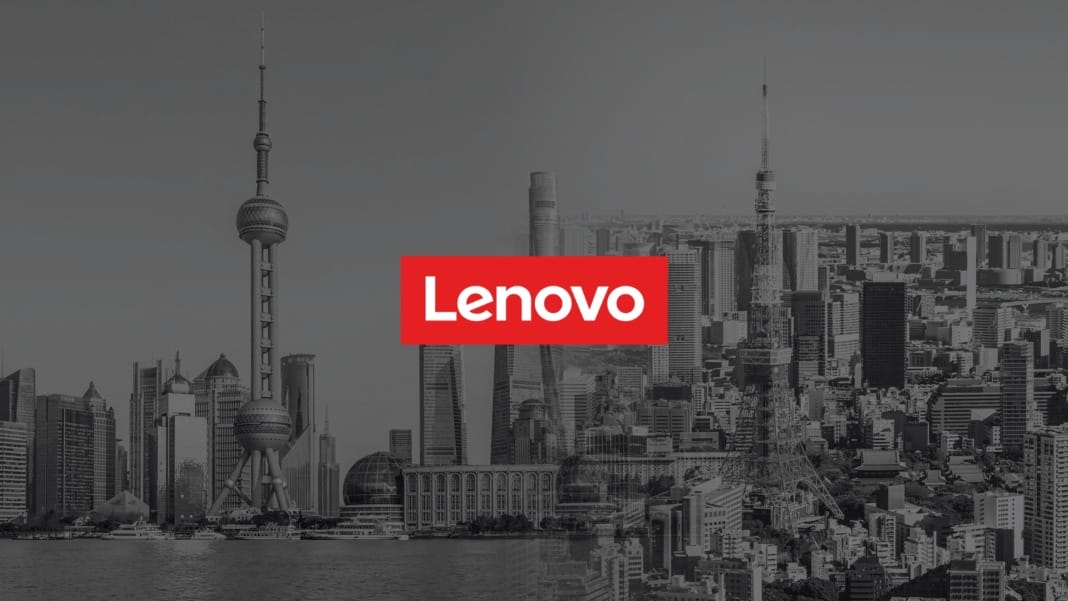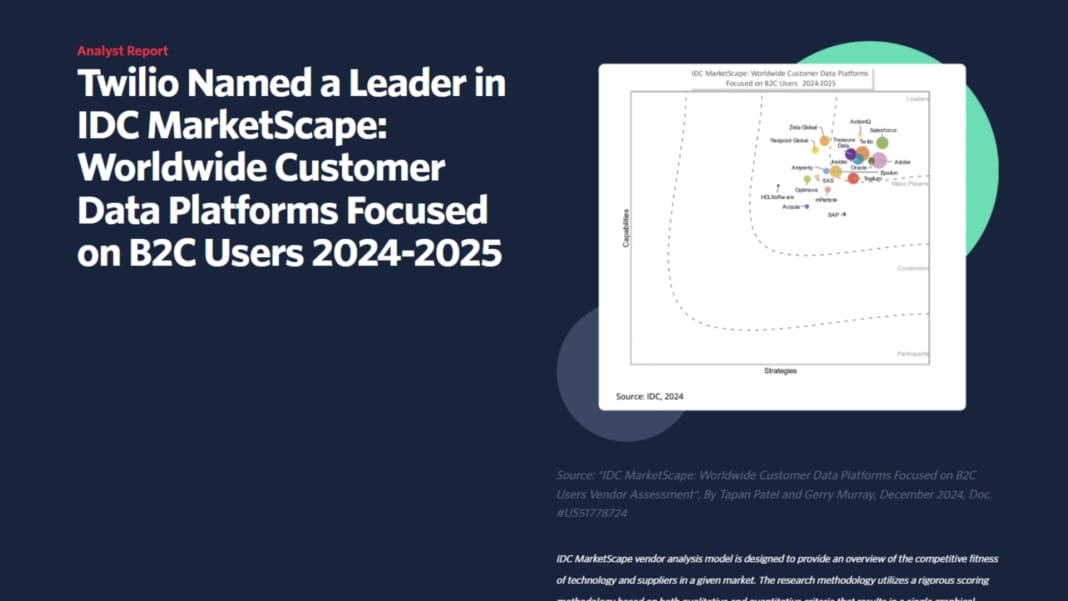As we move towards 2025, the landscape for industries, businesses, and individuals is evolving at an unprecedented pace. Lenovo, a global leader in innovation, outlines how emerging technologies will drive meaningful change across Asia Pacific—one of the world’s most dynamic and tech-savvy regions. With rapid advancements in artificial intelligence, sustainable infrastructure, and cybersecurity, the company highlights how organisations can adapt to an increasingly connected and complex world. These changes are more than predictions—they reflect a broader movement where technology enhances efficiency, builds resilience, and unlocks new opportunities.
Lenovo’s commitment to aligning innovation with purpose is at the heart of this transformation. As industries grapple with mounting challenges such as rising energy demands, data privacy concerns, and sector-specific complexities, Lenovo demonstrates how targeted solutions—like verticalised AI models and agentic AI tools—can deliver tangible outcomes. For organisations, the task is embedding them strategically to maintain a competitive edge.
The Asia Pacific region remains central to this technological shift. As a global hub for manufacturing, innovation, and digital growth, its markets are primed to lead the adoption of tailored AI, sustainable tech, and secure infrastructure. Businesses in the region must look beyond short-term gains, focusing instead on building future-ready systems that balance productivity, resilience, and sustainability.
AI tools will evolve into proactive workplace partners
Artificial intelligence has long been viewed as a reactive tool—responding to commands, queries, and predefined workflows. Lenovo anticipates a fundamental shift in 2025, as agentic AI becomes an active, autonomous collaborator in workplaces and everyday life. Unlike traditional AI, agentic AI takes initiative, anticipates needs, and makes decisions independently. This evolution is exemplified by innovations such as personal digital twins—clusters of AI agents designed to manage everything from scheduling and summarising meetings to automating reports and handling personal tasks.

In business settings, agentic AI will redefine productivity by streamlining routine operations. For example, AI systems can autonomously generate insights from complex datasets, draft comprehensive reports, and summarise critical decision points from hours of discussions. This frees employees to focus on creativity, problem-solving, and strategic initiatives. Lenovo highlights Gartner’s projection that AI will make 15% of workplace decisions autonomously by 2028, signalling the speed and significance of this transformation.
Lenovo’s emphasis on privacy sets its solutions apart. While many AI tools rely on cloud systems that expose sensitive data, Lenovo prioritises localised AI models, allowing businesses to retain control and ownership of their information. This approach addresses growing concerns around data privacy and sovereignty, particularly in Asia Pacific, where governments are imposing stricter regulations to protect sensitive information.
Beyond enhancing workflows, agentic AI tools hold enormous potential for personalisation. Lenovo envisions AI systems that learn from user behaviours, preferences, and historical data to create hyper-relevant, individualised solutions. Whether it’s proactive customer recommendations, automated support, or collaborative creative input, agentic AI will transform interactions at both personal and professional levels. For businesses that embrace these capabilities, the result is operational efficiency and deeper, more intuitive relationships with customers and stakeholders.
AI tailored to industries will solve sector-specific challenges
While general-purpose AI has its place, Lenovo sees the future in verticalised AI—customised solutions designed to meet the specific demands of individual industries. By training large language models (LLMs) on sector-specific data, workflows, and regulations, verticalised AI delivers highly accurate, context-aware insights. For industries such as healthcare, manufacturing, logistics, and finance, this represents an opportunity to solve complex problems that generic AI models often cannot address.
In healthcare, for instance, verticalised AI can analyse patient histories, clinical research, and medical case studies to assist doctors with diagnostics and treatment planning. Meanwhile, in manufacturing—where Asia Pacific remains a global leader—AI trained on operational data can optimise supply chains in real-time, predict machinery failures, and reduce production inefficiencies. With Asia Pacific accounting for over half of the world’s manufacturing value-add, Lenovo sees the region as an ideal testing ground for these targeted AI advancements.

The benefits of verticalised AI go well beyond operational improvements. Financial institutions can leverage industry-trained models to detect fraud patterns specific to regional markets, while logistics companies can preemptively identify and address supply chain disruptions. Businesses can also leverage solutions such as Lenovo’s Hybrid AI Advantage with NVIDIA to accelerate AI adoption while managing operational costs through energy-efficient Neptune Liquid Cooling technology. This combination of performance and efficiency highlights Lenovo’s focus on delivering scalable solutions to meet industry demands.
Adopting verticalised AI, however, comes with challenges. Businesses must have the right data infrastructure, AI-ready servers, and skilled talent to effectively deploy and manage these tools. Lenovo provides the expertise, infrastructure, and support organisations need to overcome these barriers and unlock the full potential of tailored AI solutions. By prioritising verticalisation, businesses will position themselves for smarter decision-making and greater competitive advantage in their respective industries.
Building sustainable and secure infrastructure for the future
The rise of artificial intelligence and digital services brings increased demands on energy and security. Lenovo recognises that businesses must address these challenges head-on to achieve sustainable growth. Data centres, in particular, are facing mounting energy consumption, driven by AI workloads and rising data volumes. AI alone is projected to add up to 3% to global electricity use, creating a need for energy-efficient infrastructure. Lenovo’s Neptune Liquid Cooling Ecosystem addresses this critical issue by reducing power consumption by up to 40%, all while delivering high-performance capabilities.
In addition to energy-efficient technologies, Lenovo foresees a growing shift toward renewable energy solutions. As businesses face stricter environmental regulations and rising consumer expectations around sustainability, markets across the Asia Pacific will see more data centres powered by wind, solar, and other renewable sources. Lenovo’s sustainable infrastructure solutions are designed to help organisations balance innovation with environmental responsibility, enabling them to meet both regulatory and operational goals.
Simultaneously, edge computing is becoming a critical enabler of real-time data processing and operational efficiency. Lenovo’s 2024 CIO Playbook found that edge implementation increased by 25 per cent in the APAC region between 2023 and 2024. As edge devices generate more data, efficient edge computing solutions will allow businesses to process information closer to its source. This reduces latency, improves performance, and empowers organisations to act on insights faster—key for industries like manufacturing, logistics, and telecommunications.

Cybersecurity remains another top priority. With governments introducing stricter regulations, such as Australia’s Cyber Security Bill, organisations face mounting pressure to secure their data and infrastructure. Lenovo’s Smarter Data Management Playbook highlights data security as the top concern for IT leaders across the region. To address these risks, Lenovo offers solutions such as managed detection and cyber resiliency services, helping businesses build strong, proactive defences against evolving cyber threats.
Lenovo offers a vision for success in 2025 and beyond
Lenovo’s vision for 2025 provides organisations with a clear path to navigate an increasingly complex digital world. From empowering businesses with verticalised AI to advancing sustainable and secure infrastructure, Lenovo highlights how innovation can unlock opportunities, drive efficiency, and build resilience. Asia Pacific’s position as a leader in manufacturing and digital adoption makes it uniquely suited to lead this transformation and set a global example.
Businesses that embrace these emerging technologies will address current challenges and lay the foundation for long-term success. Agentic AI, sustainable data centres, and tailored AI solutions are no longer optional—they are essential for staying competitive in a connected and intelligent future. Lenovo’s solutions, designed with purpose and practicality, ensure that organisations are equipped to act on these opportunities confidently.
The time to prepare for the future is now. By aligning strategy with innovation, businesses can position themselves at the forefront of change, driving growth and shaping a smarter, more sustainable world in 2025 and beyond.





